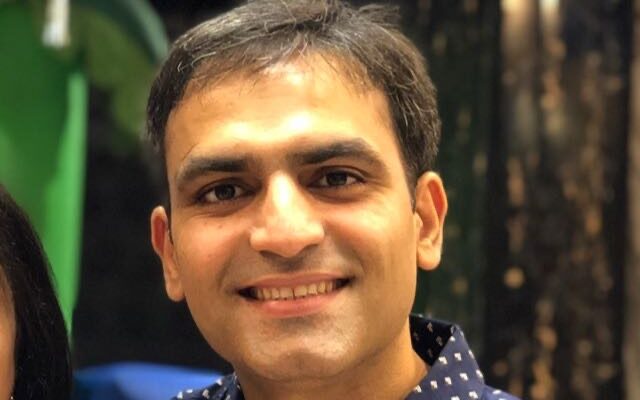A cataract is a clouding of the natural lens inside the eye. When a cataract develops, the lens becomes cloudy, causing blurry vision, glares, reduced contrast sensitivity, and difficulty seeing in dim light. Dr Deepankur Mahajan (MBBS, MD (AIIMS, FICA, FAICO) with more than 15 years of experience, specializes in Cataract Surgery with advanced IOLs, Refractive Surgery, Lasik/ ICL Surgery, and Vitreo-Retina Surgeries explains the advancement in Cataract Surgery.
Q. What is the best time or stage to get a cataract operated?
Dr Deepankur Mahajan: Cataract surgery is recommended when cataracts significantly affect your vision and quality of life, impairing your ability to perform routine tasks such as driving, reading, or watching television.
Modern cataract surgery techniques, such as phacoemulsification, allow for smaller incisions, faster recovery times, and reduced risk of complications compared to older methods.
Q: How have patients responded to early cataract surgery, and what benefits have they reported?
Dr Deepankur Mahajan: Patients who undergo early cataract surgery often experience significant improvements in visual acuity, contrast sensitivity, and overall quality of life. In many cases, patients experience a significant reduction in dependence on glasses or contact lenses following cataract surgery, especially if they choose advanced IOLs designed to correct astigmatism or provide multifocal or extended depth of focus capabilities
Q: Moving forward, what types of intraocular lenses (IOLs) are available for cataract surgery, and how do they differ from traditional options?
Dr Deepankur Mahajan: In cataract surgery, there are several types of intraocular lenses (IOLs) available; each designed to address different visual needs and preferences of patients. These options include:
Monofocal IOLs: Monofocal IOLs are the standard choice for cataract surgery. They provide clear vision at a single focal point, typically either distance or near vision. Patients may still require glasses for activities such as reading or driving, depending on the focal point of the lens.
Traditional monofocal IOLs provide clear vision at a single focal distance. However, newer options like multifocal, toric, aspheric, and accommodating lenses offer enhanced visual outcomes and reduced dependence on glasses.
Toric IOLs: Toric IOLs are specially designed to correct astigmatism, a common refractive error caused by irregular corneal curvature. These lenses provide clear vision by compensating for the astigmatism during cataract surgery, reducing the need for additional corrective measures post-surgery.
Multifocal/ Trifocal IOLs: Multifocal IOLs are designed to provide clear vision at multiple focal distances, such as near, intermediate, and distance vision. These lenses provide patients with greater visual freedom and reduce the need for glasses or contact lenses across a wide range of activities, offering greater independence for daily activities.
Extended Depth of Focus (EDOF) IOLs: EDOF IOLs provide enhanced depth of focus, allowing patients to achieve clear vision at multiple distances while minimizing visual disturbances such as halos and glare. These lenses offer a smoother transition between near, intermediate, and distance vision compared to traditional multifocal lenses.
Each type of IOL has its own advantages and considerations, and the choice of lens depends on factors such as the patient’s lifestyle, visual requirements, ocular health, and surgeon’s recommendation. Patients should discuss their options with their ophthalmologist to determine the most suitable IOL for their individual needs.
Dr Deepankur Mahajan is one of the leading ophthalmologists in Delhi. He has stellar academic career and completed his ophthalmology training (MD Ophthalmology) from the most prestigious All India Institute of Medical Sciences, New Delhi. Thereafter, he completed 3 years of further training (Senior Residency) from the same institute. Meanwhile, he also earned Fellowship of International Council of Ophthalmology (FICO, UK) and All India Collegium of Ophthalmology (FAICO). His hospital offers best medical services like Cataract Surgery, Refractive Surgery, Vitreoretinal Surgery, Corneal Surgery, Eye Muscle Surgery, Oculoplasty Surgery, Eyelid Surgery and many more and boasts of latest ultra-advance equipment to go along with best patient services.
On Asking about feedback from patients Dr Deepankur Mahajan says, “Patients often tell me they wished they’d had it sooner. After all, cataract surgery improves their lives in many ways and patients don’t have to undergo surgery for it ever again.”



